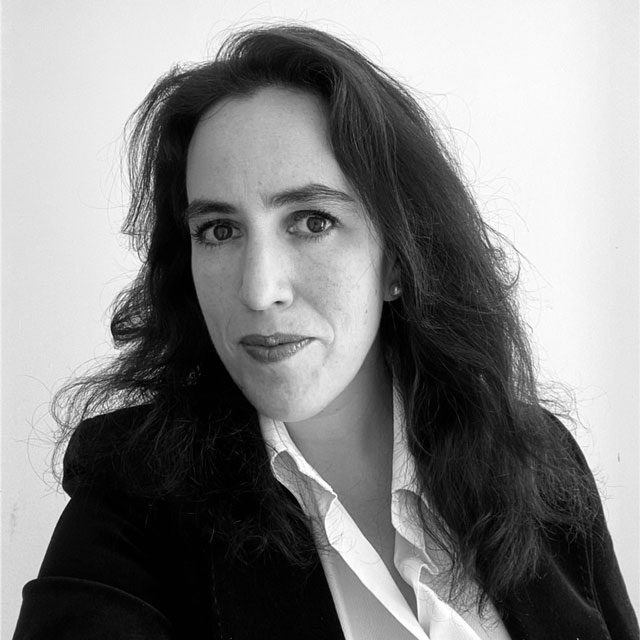Prof Kaunert and Dr Joana de Deus Pereira have been awarded a prestigious Marie Curie Fellowship for two years, starting from November 2018. Marie Curie Grants, as part of the prestigious H2020 research funding programme of the European Union, are very competitive, as only 10-12% of applications are successful. Each award is worth ca. € 200,000. Prof Kaunert and Dr Joana de Deus Pereira will investigate the role of the security industry as a shaper of European migration policy. Looking back over the last 20 years of EU migration management policy, the growth and development of a security industry within a hybrid space has become more and more palpable, whereby European and non-European security forces operate alongside NGOs, humanitarian groups and international organizations, and whereby private security companies play a key role supplying technology, military equipment, hardware and intelligence services. In parallel, the European Agenda for Migration is reflecting more and more the blurring of the lines between internal and external security, with policy outputs echoing the weight of the security industry.
This project seeks to understand the increasing role of private security companies and the weight of the security industry in the way EU migration management policy is shaped and produced. Later advances, not only in security field in general, but also in the migration field, in particular, illustrate that the market for security is continuously flourishing and a demand market is fed by evolving migration flows. In order to understand the level of influence of private security actors in the design of EU migration policy making, we will use process-tracing methodology to observe the changing pathways of migration policy process and understand when and why this changed has occurred. Therefore, this project seeks to answer:
- How do private security actors and defence industry shape the European migration management policy inside and outside the EU borders?
- Who are the main private security actors and defence companies shaping and lobbying EU’s migration management process?
- What are the impacts of outsourcing security in the EU migration management?
- How is EU migration policy evolving and adapting to borderless security threats?
- How does the private security industry shape the security agenda? How and why private security actors play a key role driving it?
JA Political science (General) – International Relations, Security, Private Security, Risk Analysis, Risk Management, European Policy, Terrorism & Counter-terrorism, Migration
Research interests
I graduated at the Nova University of Lisbon in International Relations and Political Science, a post graduate diploma in Diplomatic Studies from the Lusíada University in Lisbon and I hold a PhD in Security Studies from the Department of War Studies and Defence Studies – with a thesis on the role of private security contractors in the oil sector in Angola and Nigeria, fully funded by the Foundation for Science and Technology in Portugal. My original field of expertise is the role of private security in the oil security arena in Lusophone Africa.
I was the co-founder of the Private Military & Security Research Group, which seeks to increase the understanding of PMSC’s while promoting a multi-disciplinary approach to the study of PMSCs at King’s College London.
Previously, I worked as an independent security consultant doing geopolitical and country risk analysis for several consulting companies, producing forward-looking analysis about political and economic events that impacted on the energy security sector – with a focus on intelligence risk analysis, policy analysis.
Earlier, I started my career as a civil servant at Portugal’s Ministry of Justice, where I was part of the core team behind the development and introduction of Alternative Dispute Resolution (ADR) schemes in Portugal. I co-authored one of the earliest publications on justice-of-the-peace in the country.
Presently, my research examines the role of private security actors in migration, the technological aspects of border security and how it impacts on EU migration agenda. Later advances, not only in security field in general, but also in the migration field, in particular, illustrate that the market for security is continuously flourishing and a demand market is fed by evolving migration flows. In order to understand the level of influence of private security actors in the design of EU migration policy making, we will use process-tracing methodology to observe the changing pathways of migration policy process and understand when and why this changed has occurred.

